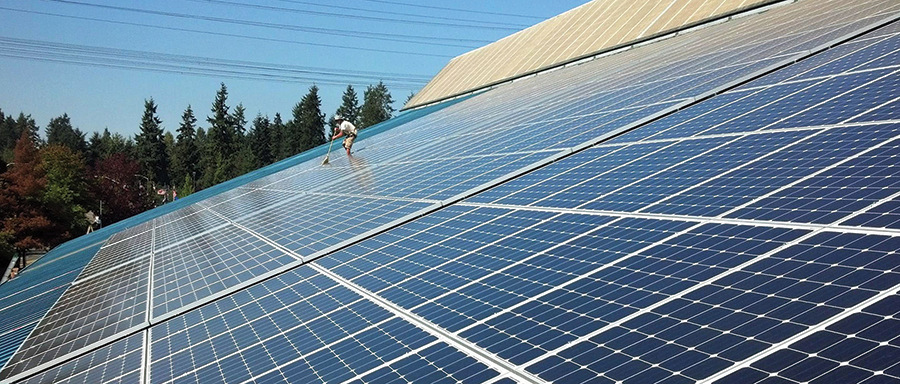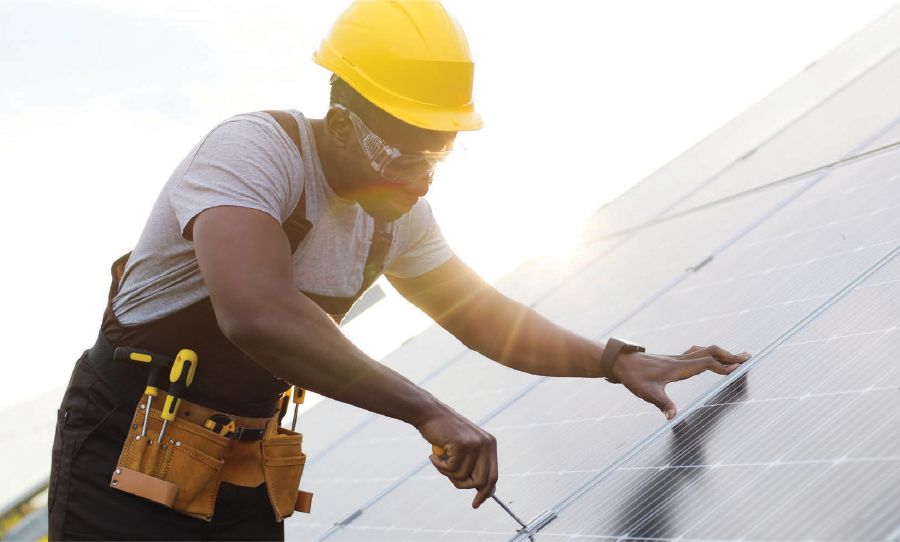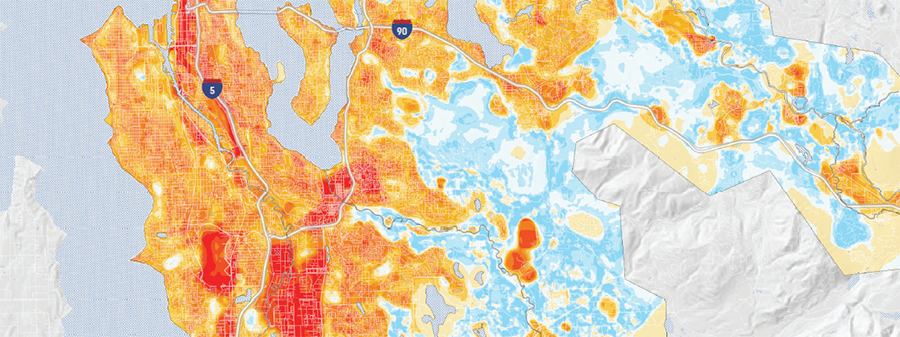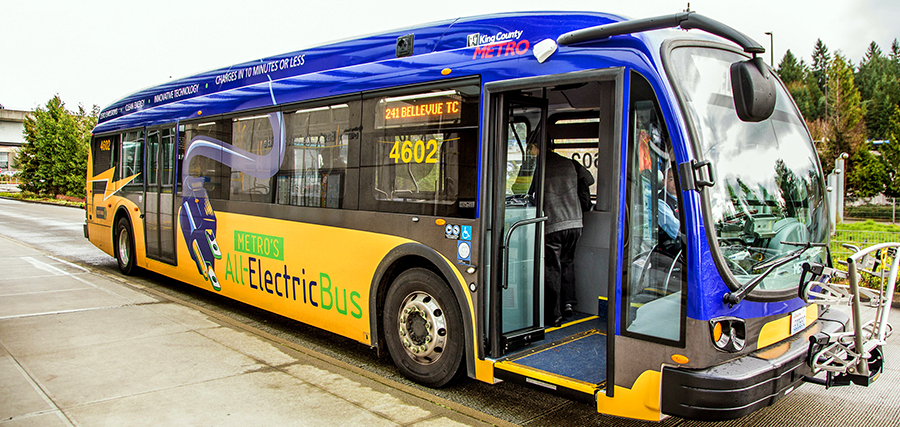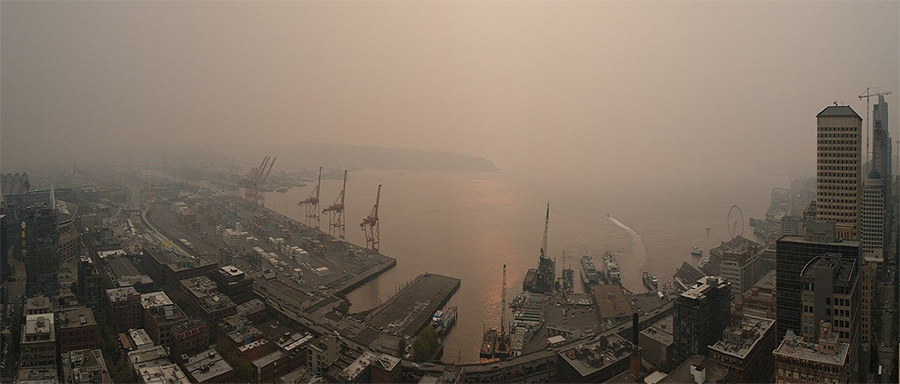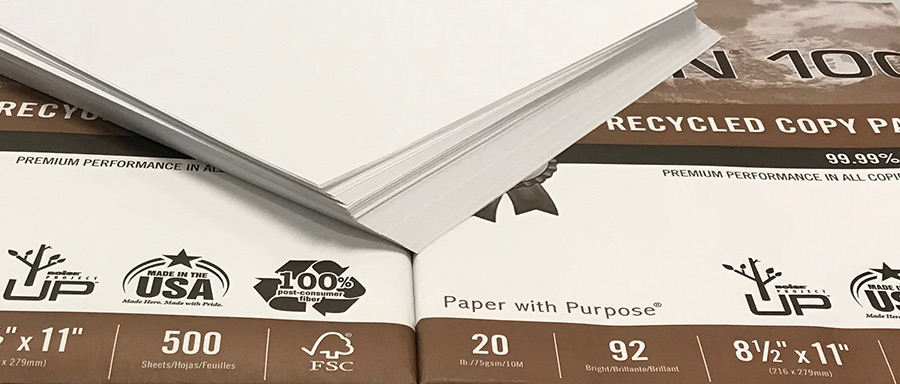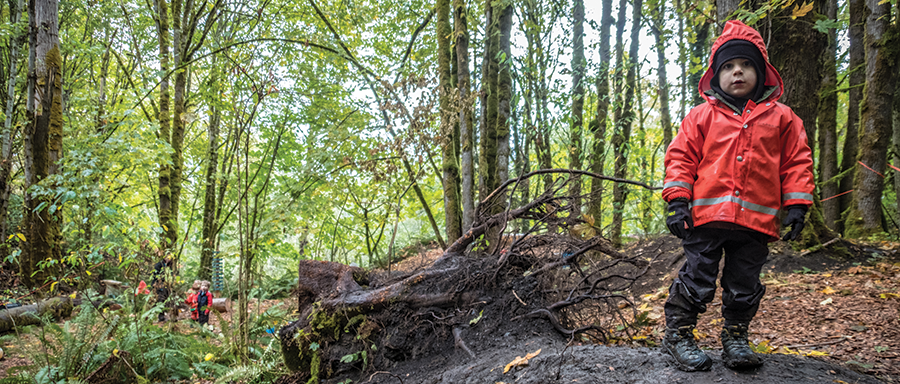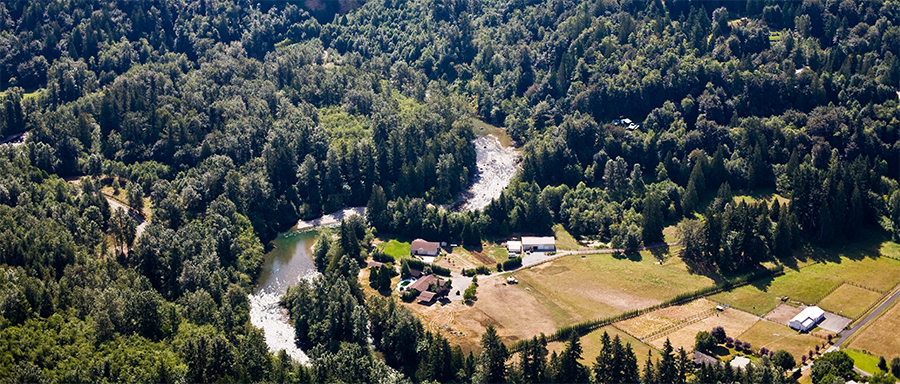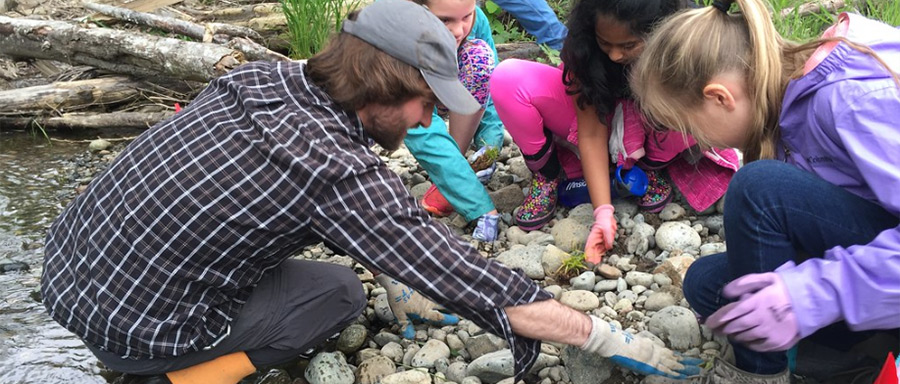Climate change initiatives & programs
Combating climate change requires an integrated, regional response that builds on the shared vision and leadership of the region’s public, private and civic sectors, as well as the participation of all King County residents. As a regional entity, King County is in a unique position to advance regional solutions that address climate change. Learn more about County initiatives and programs that tackle climate change across sectors and regions.

 Translate
Translate
